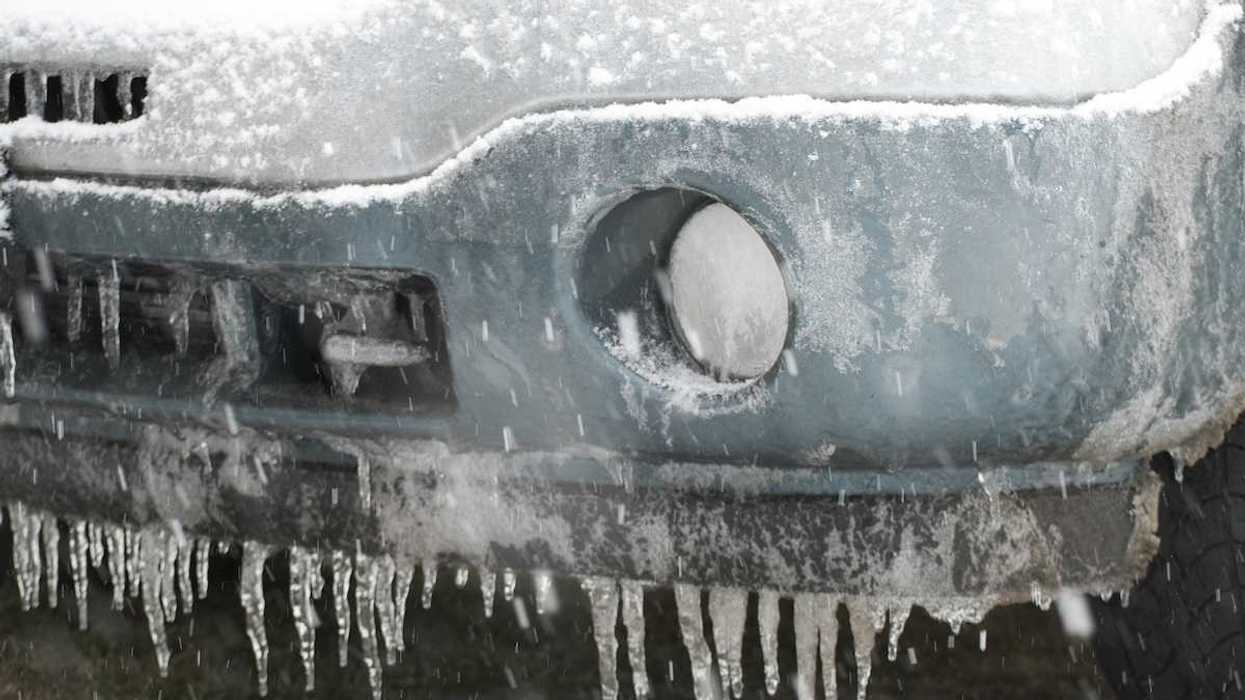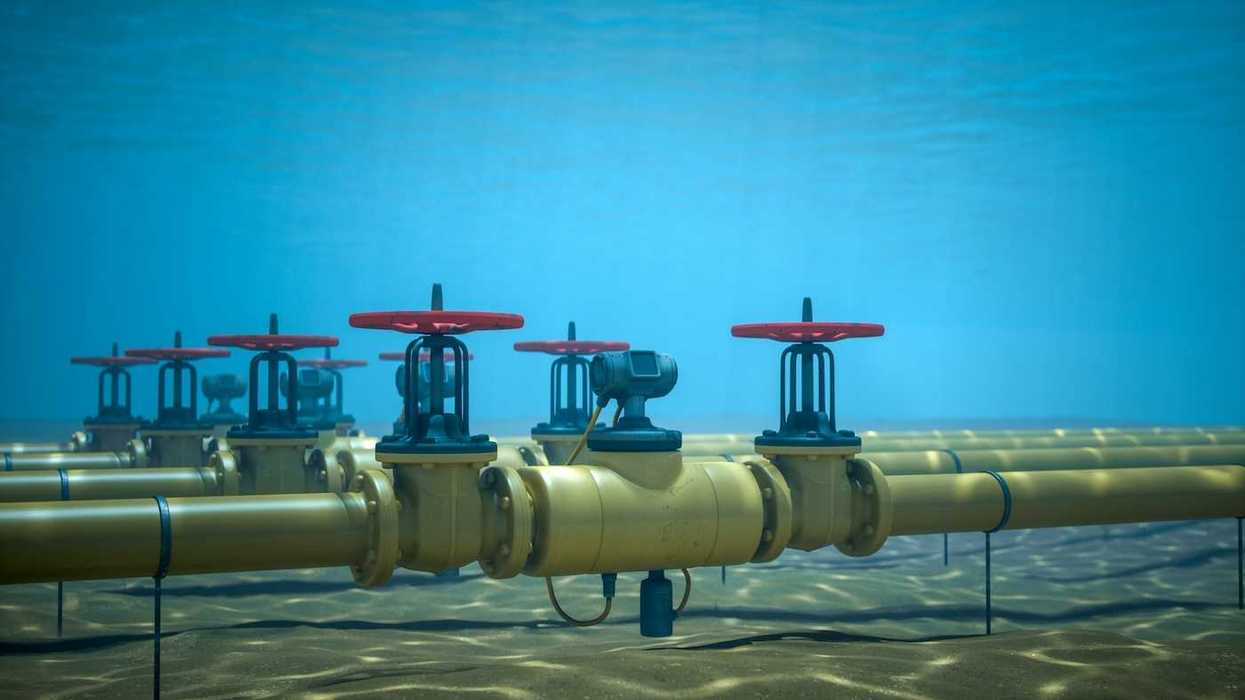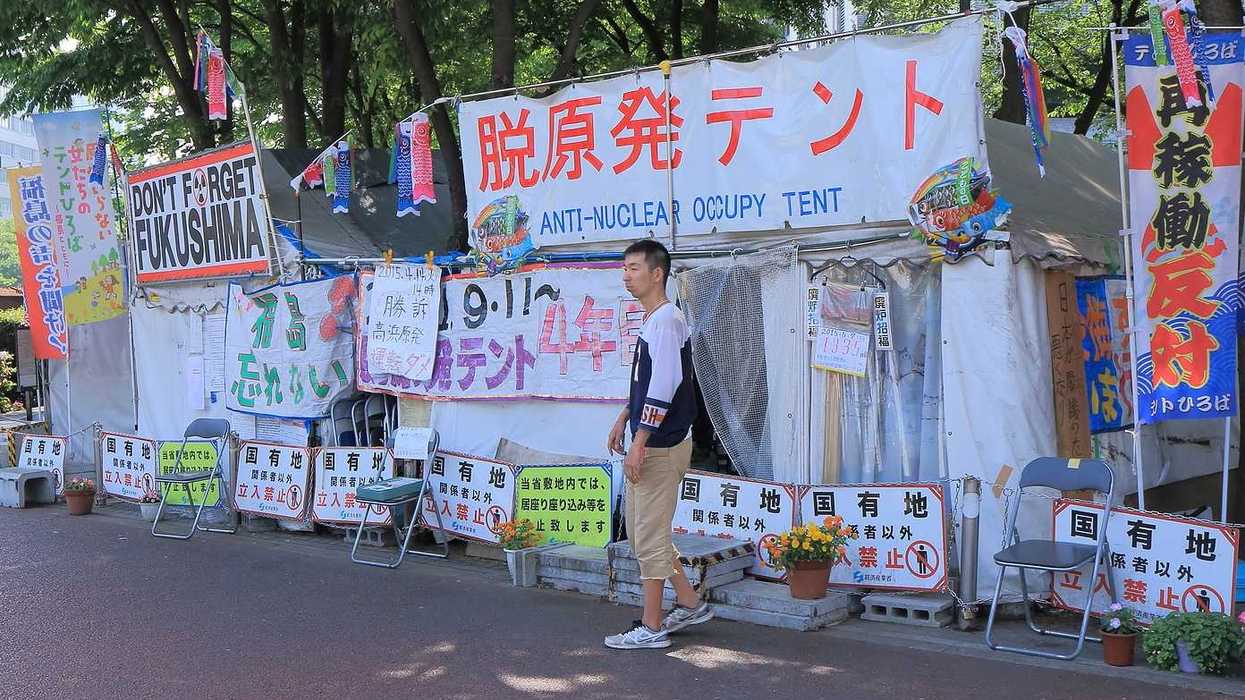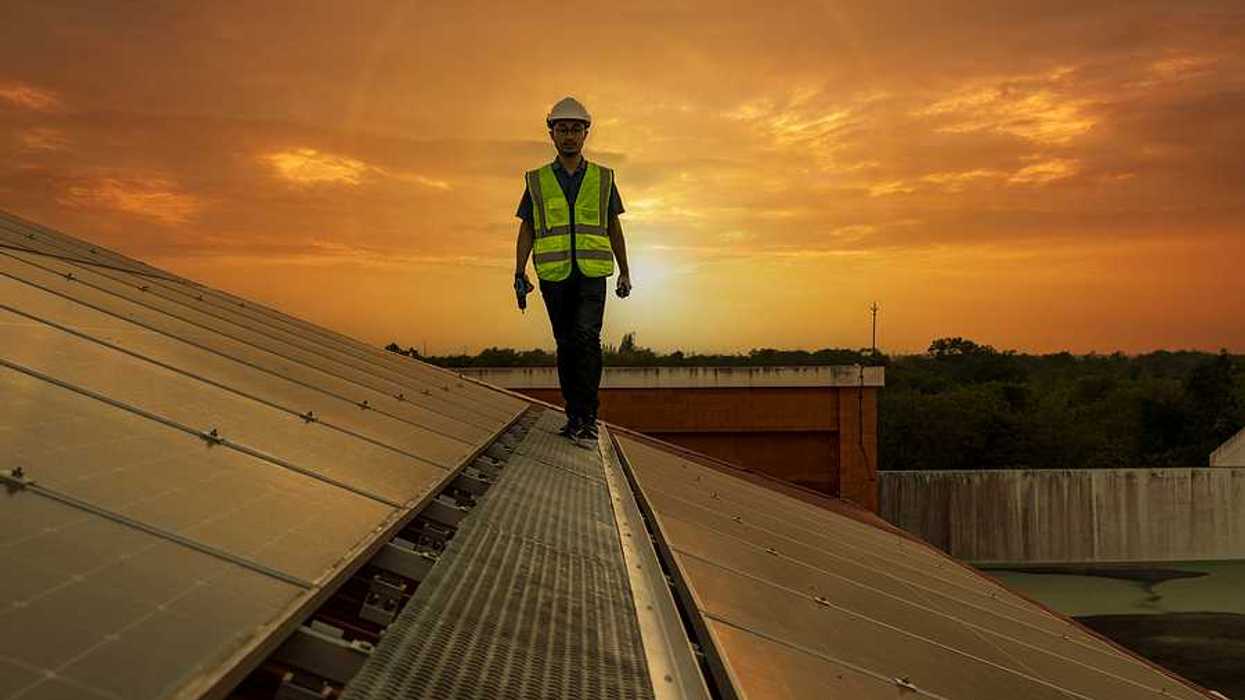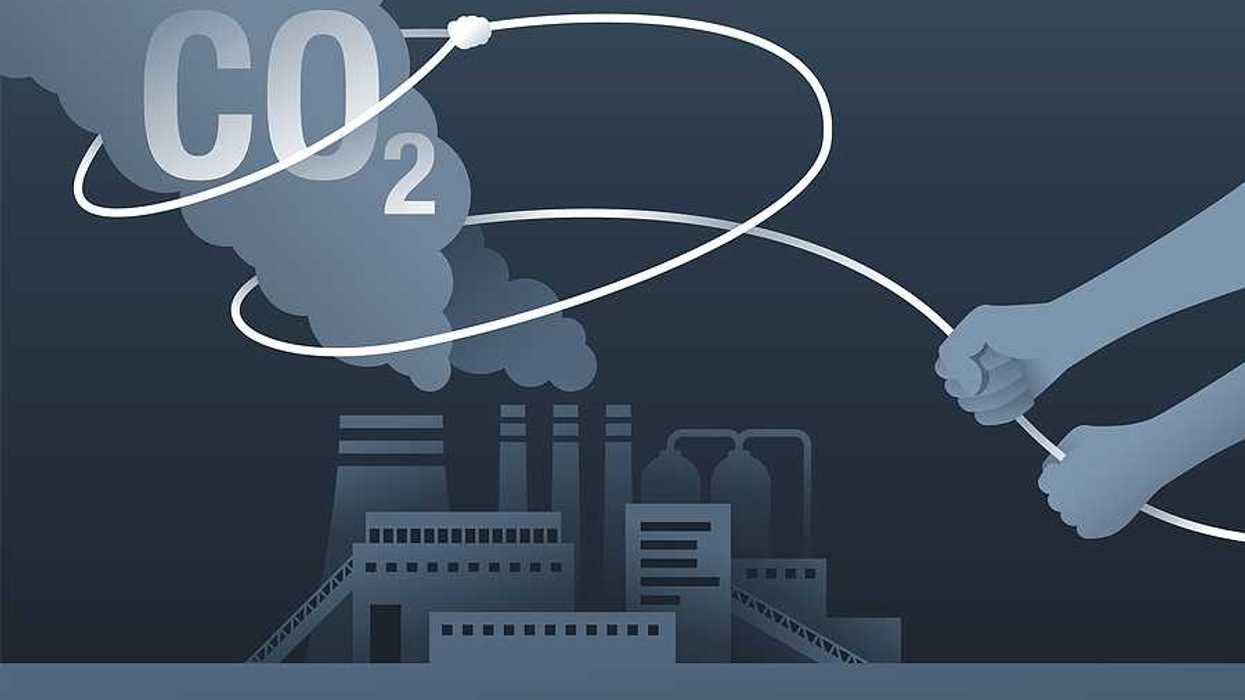Nearly nine years after the Paris Agreement, the world still faces worsening climate impacts, a faster timeline to net zero and the urgent need for nations to increase their ambition to phase out fossil fuels.
Todd Stern reports for The Atlantic.
In short:
- The Paris Agreement pushed countries to set emissions targets, but extreme climate events are happening faster than predicted.
- Clean energy advances have been remarkable, but fossil-fuel interests remain powerful obstacles to reducing emissions.
- Future international cooperation and higher emissions goals, especially from major polluters like China, are essential to meet climate targets.
Key quote:
“Only when a critical mass within [countries] becomes noisy and powerful enough to push governments into action” will we act at the right speed.
— David Roberts, clean-tech blogger
Why this matters:
Despite progress, the fossil-fuel industry’s political power and climate disasters’ increasing severity threaten global efforts. Stronger commitments are essential to limit warming to 1.5°C, avoid catastrophic impacts and secure a sustainable future.


